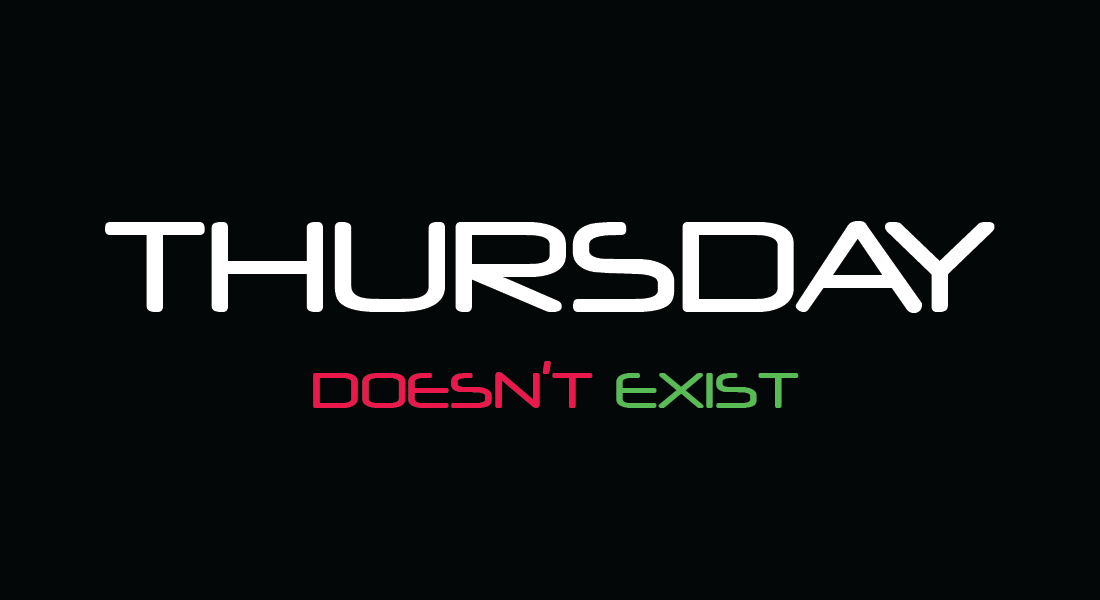Three Misinformation Strategies to Beware
Gaslighting, well-poisoning, and astroturfing; oh my!
Gaslighting
In the 1944 film Gas Light, a husband turns on and off gaslights at night. When she brings it up in the morning, he tells her he didn’t experience the flickering gaslights. The malicious husband continues this charade until she loses her mind, so he can commit her to an insane asylum and pocket her inheritance.
Gaslighting makes someone question their reality. This misinformation tactic occurs in work, family, and politics and spans all levels, from personal relationships to societal deception. Victims of gaslighting feel anxious, self-conscious, confused, and isolated until they break down and accept another’s version of reality.
Poisoning the Well
A boss arranges one-on-one meetings with two underperforming employees: Becky and Bill. He plans to fire one of them.
Boss: “Becky, why did you fail to meet this quarter’s performance goals?”
Becky: *explains*
Boss: “Thanks, Becky. Can you please tell Bill I’m ready?”
Becky: “Of course. Assuming he’s on time this morning. You know how Bill is—always late! He was tardy to our project meeting three times this month….”
The boss now has a tarnished impression of Bill as he begins Bill’s performance review.
Poisoning the Well is when adverse information about a target is shared with an audience to discredit the target before the target speaks.
Astroturfing
An army of Twitter bots disguised as real people complain about cannibal rights.
“The meatpacking industry is suppressing #CannibalRights!”
“#FreeOurDiet from Big Meat’s stranglehold”
“People have eaten people for centuries. Suppressing #cannibalism is cultural erasure!”
Next, real Twitter accounts catch onto the idea due to herd instincts and a desire to hop on the “bandwagon.”
“Not a cannibal, but big companies shouldn’t tell anyone what to put in our bodies! #CannibalRights”
Then, real people flood the streets outside a meatpacking HQ to protest anti-cannibalism and demand human flesh.
To appease the people, the meat company issues a press release about their new meat product: Human.
In this example, the meat company used “sock puppets” (Twitter bots) to instigate a movement that would create social support for their new business line.
Astroturfing is an organized activity intended to create a false impression of a widespread movement. AstroTurf is a synthetic grass used for sports fields to resemble grassroots, and astroturfing uses artificial information designed to resemble grassroots movements.
Whether the death of Caesar, the Louisiana Church scheme in Better Call Saul, Ryan Holiday’s Tucker Max billboard, or the National Smokers Alliance 1993 campaign, astroturfing creates real-world impact from fake information.


